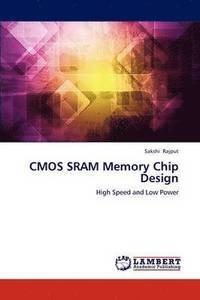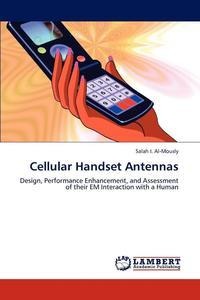
Liknande böcker
A Novel Methodology for High Speed Board Design : Prevent Crosstalk, Improve Signal & Power Integrity and Reduce EM Emission
Bok av Thiagarajan Kandasamy
Current high-speed designs demand a board designer's extensive knowledge of the issues like transmission line effect, EMI, and crosstalk. Modern PCB design concerned with board material, signal and power stacking, connectors, cables, vias, and trace dimensions. With such designs, the complexity of PCB design increases with the aspects of SI which originate noise and instability. Crosstalk is a major noise that interferes with SI. The noise voltage in the reference or ground of a PCB is often the cause of unwanted radiated emission. Power supply planes attribute to the noise voltage. A Gigabit Ethernet design is developed to analyze various issues on PCB designs like Crosstalk, SI & PI, EMI and Thermal variations. Techniques are investigated to reduce the radiated EM fields, improve power delivery system of the design and eliminate the crosstalk related to routing the high speed signals. SI analysis & thermal analysis help to improve design characteristics. EMI results are within the limits of FCC-CLASS B/ VCCI-CLASS B standards with crosstalk within the limit of 100mV. The design is developed to achieve DFA/DFM/DFT for the manufacturing process of high speed & high dense PCB.
Visa pris inkl. frakt Inkl. frakt
A Novel Methodology for High Speed Board Design
578 kr
Finns i lager







